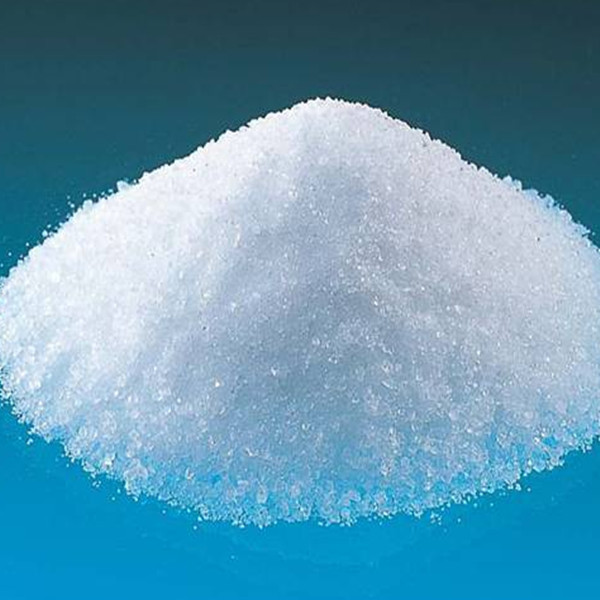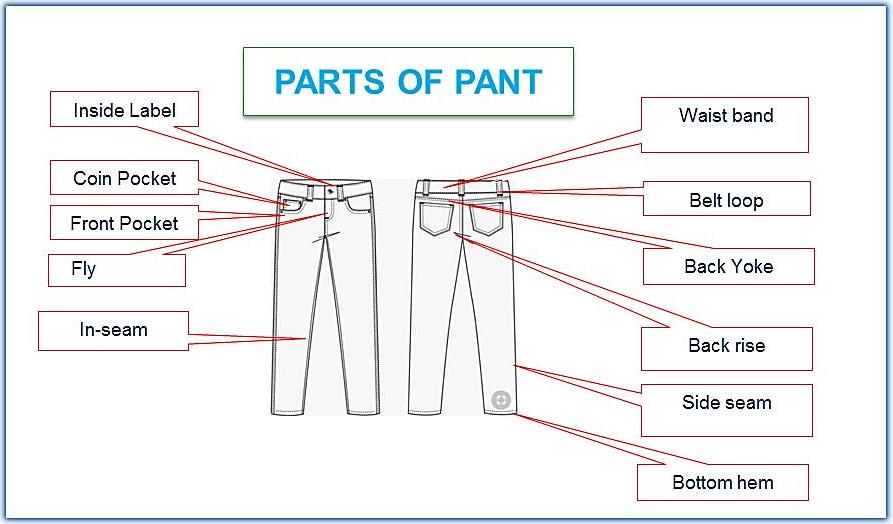Polyvinyl alcohol (PVA) is a versatile polymer with many uses and applications in manufacturing. This water-soluble polymer is a popular choice for manufacturers due to its excellent bonding properties, ability to form clear, strong films, and ability to improve the properties of final polymers.
PVA has proven to be an essential material in many industries. It’s often used as an adhesive in wallpaper paste, bookbinding, finish for textiles, medical and pharmaceutical applications, and many more. This post will explore the top five uses and applications of PVA in manufacturing and how this versatile polymer continues to play an indispensable role in the manufacturing industry.
PVA is made by polymerizing vinyl acetate monomer to create polyvinyl acetate (PVAc), which is then hydrolyzed to produce PVA. The degree of hydrolysis, or the extent to which the PVAc is broken down into PVA, can be controlled to create different types of PVA with different properties. If your business needs PVA, there are many reliable and trustworthy PVA manufacturers you can search for online.
Now, here are the top five uses of PVA in manufacturing:
- Adhesive
One of the most common uses of PVA in manufacturing is as an adhesive. PVA has excellent bonding properties, especially since it’s water-soluble. This makes it ideal for wallpaper paste, bookbinding, and paper-based packaging materials.
Its ability to form strong bonds, even in water, makes it a perfect choice for use in products that may come into contact with moisture. Additionally, because it’s water-soluble, PVA can be easily cleaned up after use, making it a convenient option for manufacturers. Its versatility and reliability as an adhesive have been proven for decades in different industries. This includes construction, packaging, furniture, and many more.
- Textile Finishes
PVA imparts a soft, smooth feel to fabrics and improves their resistance to water and stains. This makes it ideal for clothing, upholstery, and other textiles. PVA can be applied to fabrics in various ways, including coating, printing, or dipping. The result is a textile that’s more pleasant to the touch but more durable and resistant to stains.
PVA can be useful for furniture and clothing. Moreover, a PVA textile finish can be used to create a waterproof fabric with ultraviolet protection and other properties. PVA is also biodegradable, making it an eco-friendly option in the textile industry.
- Film Formation
PVA is also commonly used in film formation. PVA can form films and coatings in various products, including food packaging, electronics, and optical materials. Its ability to create transparent, strong films makes it an ideal choice for these applications.
PVA films can be formed using various methods such as casting, blowing, and extrusion. The resulting films are often sturdy and durable, making them ideal for packaging, protective coatings, and other applications where a transparent, strong film is required.
PVA films can be made in different thicknesses and can be designed to be flexible, rigid, or even self-supporting. The films can also be modified to be heat-sealable, printable, or even biodegradable.
- Emulsion Polymerization
PVA is often used as a polymerization aid in producing emulsion polymers. Emulsion polymerization is a process in which monomers are dispersed in water and then polymerized under controlled conditions. PVA acts as a stabilizer in this process, helping to keep the monomers suspended in the water and preventing them from clumping together. This allows for forming small polymer particles with a uniform size distribution.
PVA also improves the properties of the final polymer, such as its mechanical strength, flexibility, and thermal stability. These properties are essential in many industrial applications, such as paints, coatings, and adhesives.
- Medical And Pharmaceutical Applications
PVA is a biocompatible and biodegradable polymer, making it an attractive material for use in the medical and pharmaceutical industries. Its ability to form strong films, water-solubility, and non-toxicity makes it an ideal choice for various medical and pharmaceutical applications.
One of PVA’s most common medical applications is producing artificial blood vessels. PVA is used to create thin, strong films that can be used as replacement blood vessels for patients who have had their vessels damaged or removed. PVA films are also used in wound dressings, as they can hold large amounts of water, aiding healing.
Another application of PVA is in controlled-release drug delivery systems. PVA films can encapsulate drugs and then release them slowly over time. This allows for the controlled release of drugs, which can improve the efficacy of the treatment and reduce the side effects.
PVA also has potential in tissue engineering, as it can be used as a scaffold for cell growth. PVA has been used to create platforms for developing skin, bone, and other types of tissue, which can then be used in transplants.
Conclusion
PVA is a powerful polymer that has proven to be a valuable material in many industries due to its wide range of uses and applications in manufacturing. Its ability to form clear, strong films, excellent bonding properties, and ability to improve the properties of final polymers makes it an ideal choice for manufacturers.
PVA continues to play a vital role in the manufacturing industry. As technology and manufacturing processes continue to evolve, new and innovative uses for PVA will likely be discovered, further cementing its position as a critical material in the manufacturing industry.







